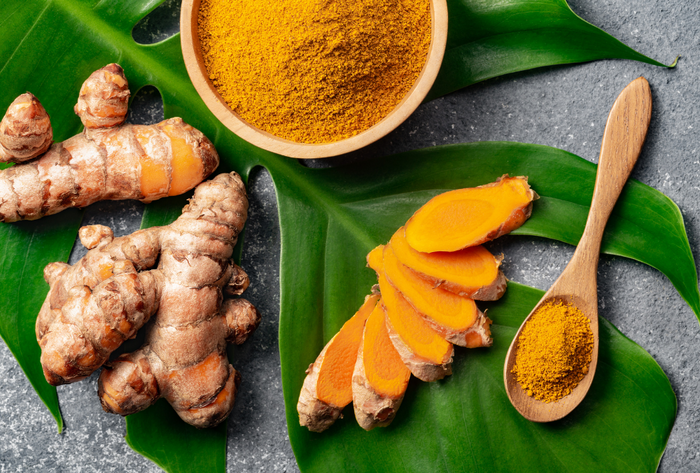Prioritizing inflammation management is a cornerstone of preventive healthcare, fostering a foundation for long-term well-being and a reduced risk of debilitating health issues. Inflammation is a natural response of the immune system to injury or infection, but when it becomes persistent and uncontrolled, it can lead to a range of problems.
Unhealthy diets rich in processed foods, lack of exercise, obesity, chronic stress, and environmental pollutants can promote inflammation. Additionally, factors such as smoking, chronic infections, autoimmune disorders, genetic predisposition, and aging can all contribute to increased inflammation in the body.
Prolonged inflammation has been associated with conditions such as heart disease, diabetes, autoimmune disorders, and even certain cancers. By actively addressing and controlling inflammation through lifestyle choices, including a balanced diet rich in anti-inflammatory foods, regular exercise, and stress management, individuals can significantly reduce their risk of developing chronic diseases. Moreover, chronic inflammation can contribute to the aging process, affecting the overall quality of life.
Incorporating anti-inflammatory foods and nutrients into your diet can play a pivotal role in mitigating inflammation and promoting overall health.
Omega-3 fatty acids, found in fatty fish like salmon, flaxseeds, and walnuts, have potent anti-inflammatory properties.
Extra virgin olive oil, rich in polyphenols, is another powerful ally in reducing inflammation.
Colorful fruits and vegetables, such as berries, cherries, and leafy greens, provide antioxidants that combat oxidative stress, a key contributor to inflammation.
Turmeric, containing the active compound curcumin, is renowned for its anti-inflammatory effects and can be easily integrated into various dishes.
Additionally, ginger, garlic, and green tea boast anti-inflammatory properties, offering a flavorful and health-boosting dimension to your meals. Overall, adopting a diverse and well-balanced diet incorporating these anti-inflammatory foods can contribute significantly to managing inflammation and fostering better overall well-being.
In this article we will focus on turmeric and its bioactive compounds called “curcuminoids”, the most notable of which is curcumin. Curcuminoids are responsible for the vibrant color of turmeric and contribute to its potential health benefits. Research suggests that curcuminoids may have various therapeutic effects, including anti-inflammatory, anti-cancer, and neuroprotective properties.
The three main types of curcuminoids found in turmeric are curcumin, demethoxycurcumin, and bisdemethoxycurcumin. These compounds are responsible for the yellow color of turmeric and contribute to its potential health benefits.
Curcumin: This is the most well-known and extensively studied curcuminoid. It is the primary active ingredient in turmeric, known for its anti-inflammatory, antioxidant, and potential therapeutic properties. Curcumin is often the focus of research exploring the health benefits of turmeric.
Demethoxycurcumin: This is another curcuminoid found in turmeric, though it is less abundant than curcumin. It also possesses anti-inflammatory and antioxidant properties, contributing to the overall health effects of turmeric.
Bisdemethoxycurcumin: This is the least common of the three main curcuminoids in turmeric. Like curcumin and demethoxycurcumin, bisdemethoxycurcumin has been studied for its potential health benefits, although it is typically found in lower concentrations.
Research often examines the combined effects of these curcuminoids, as they may work synergistically to provide health benefits. While curcumin is the most prominent and extensively studied curcuminoid, the others also contribute to the overall therapeutic potential of turmeric.



